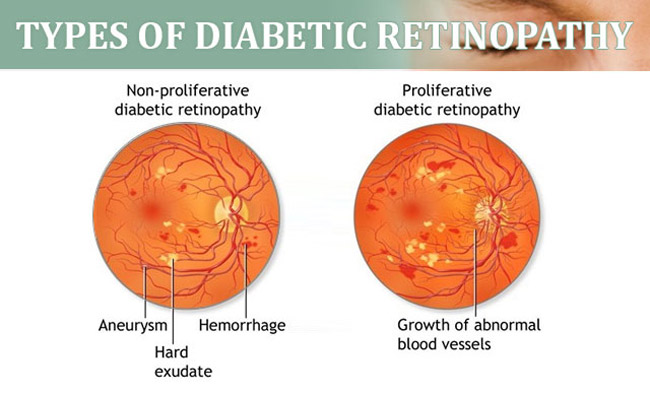
Diabetes: Battling Diabetic Burnout.
Though dealing with diabetes 24-7 can seem overwhelming at first, many people willingly adjust to a new lifestyle of dedicated self-care.
But over time, a creeping sense of fatigue and frustration can set in—what some experts call “diabetes burnout.” When you're burned out, you may not feel outright depressed, just sick and tired of the never-ending diabetes grind. As a result, you may find that your all-important motivation begins to wane.
Even though burnout won't directly cause physical changes in the body, feeling frustrated—often because you may sense that you're not making progress against your disease—can have an impact on your health. You may start to slack off your diet, exercise, drug regimen, or self-monitoring programs.
Talking with your doctor or a counselor is your first step if diabetes care is wearing you down. Your doctor may be able to make adjustments in your treatment—fewer shots using different combinations of insulin, for example—to ease your burden. A counselor may be able to suggest new ways of thinking that can boost your sense of purpose. But then you'll need to take steps on your own to fortify your resolve.
Check your goals. At some point earlier in your treatment, you and your medical team established objectives for your self-care—blood-sugar targets, meal plan, exercise goals. These were based on what you thought was possible then, but it may be time to review your list of objectives with a fresh eye. Pretend you're starting over. Knowing now what you didn't know then, do you feel your goals are reasonable? Feeling successful in meeting your objectives is a key to staying motivated.
Evaluate your progress. Maybe you haven't made as much progress as you would like. But be objective about what you have accomplished. How has your blood-sugar control improved? How about your weight or your overall fitness? Have you managed to be disciplined about testing and taking medication? You may find that you've done better than you give yourself credit for. On the other hand, your frustration may be a good sign: It means you actually are motivated to do better.
Identify problem areas. If you're like most people, you've probably been more effective with some elements of your self-care than with others. But don't let your weakness or lack of progress in one area color the entire picture. Instead, try to isolate the aspects of your care with which you have the most trouble. Is it a challenge to control your appetite? Are you forgetting to take your medication or insulin? Is finding time for exercise a constant battle? What symptoms of diabetes do you have the hardest time contending with?
Even so, knowing that “respiratory viruses like SARS-CoV-2 and the flu have never been well-contained by vaccines,” Fauci continued to push the shots. And what does he have to say about it now? While “past unsuccessful attempts to elicit solid protection” against these viruses is a “scientific and public health failure,” he and his colleagues are excited to have been a part of rethinking the process “from the ground up.”





















